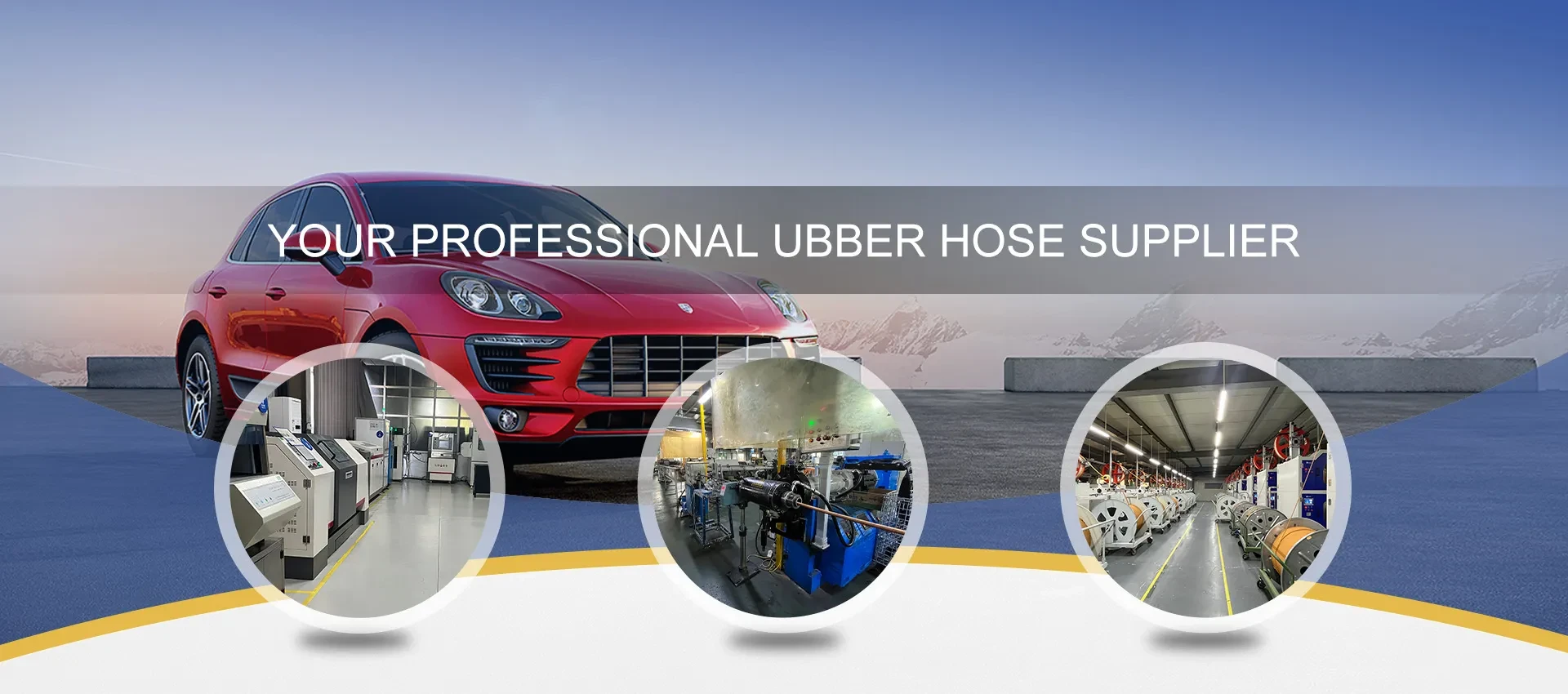High-Pressure Diesel Fuel Lines for Enhanced Engine Performance and Reliability
Nov . 09, 2024 17:19 Back to list
High-Pressure Diesel Fuel Lines for Enhanced Engine Performance and Reliability
High-Pressure Diesel Fuel Lines Understanding Their Importance and Functionality
In the realm of diesel engines, high-pressure fuel lines play a pivotal role in ensuring optimal engine performance and efficiency. These components are responsible for transporting fuel from the fuel tank to the injectors at the required pressure, allowing for precise fuel atomization and combustion. Understanding the significance, design features, and maintenance of high-pressure diesel fuel lines is crucial for anyone involved in diesel engine operation or maintenance.
The Role of High-Pressure Fuel Lines
High-pressure fuel lines are designed to withstand the intense pressure generated within modern diesel injection systems, which can exceed 30,000 psi (pounds per square inch). This pressure is necessary for atomizing the fuel effectively, ensuring that it mixes efficiently with air in the combustion chamber. Proper atomization leads to more complete combustion, which not only enhances engine power but also reduces emissions and fuel consumption.
In a diesel engine, fuel is drawn from the tank and pressurized by the fuel pump before being delivered through the high-pressure lines to the injectors. These lines must be robust and leak-proof to handle the high pressures while maintaining fuel integrity. The materials used in the construction of these lines are typically high-strength steel or reinforced polymers that resist corrosion and heat, thereby extending their lifespan and performance.
Design Considerations
The design of high-pressure diesel fuel lines incorporates several critical aspects to ensure functionality and safety. First, they must be appropriately sized to accommodate the required fuel flow rate. An undersized line can create excessive pressure drop, leading to inefficient fuel delivery, while an oversized line may result in increased weight and potential fuel leaks.
high pressure diesel fuel line

Additionally, high-pressure fuel lines are engineered with specific bending radiuses to prevent kinking, which can lead to cracks and failures. Their connections, whether threaded or clamped, are designed to prevent leaks while allowing for ease of installation and replacement. Moreover, frequent thermal expansion and contraction mean that flexible components or expansion joints are often included in the design to absorb movement without compromising integrity.
Maintenance and Common Issues
Despite their robust construction, high-pressure diesel fuel lines are not immune to wear and tear. Regular maintenance is necessary to ensure their longevity and performance. Technicians often check for signs of leaks, which can appear as fuel stains around connections or a noticeable smell of diesel fuel. Running a diesel engine with compromised fuel lines can lead to engine misfires, decreased performance, and catastrophic engine failure.
Another common issue is the buildup of debris and contaminants within the fuel line, which can block fuel delivery. This underscores the importance of using high-quality fuel filters within the fuel system to trap particles before they reach the high-pressure lines. It’s also critical to follow manufacturer guidelines regarding fuel quality and maintenance schedules to minimize risks associated with fuel line failures.
Conclusion
High-pressure diesel fuel lines are indispensable components in the efficient functioning of diesel engines. Their design and construction are tailored to handle the extreme pressures and temperatures associated with modern fuel injection systems, ensuring that engines perform optimally. Proper maintenance and regular inspections are essential to avoid potential failures that can lead to significant operational downtime and repair costs.
As the automotive industry continues to evolve towards more environmentally friendly technologies, the role of high-pressure diesel fuel lines will likely adapt, potentially incorporating new materials and technologies. Understanding their function and importance serves as a foundation for both professionals working in the field and enthusiasts eager to learn more about the complexities of diesel engine technology. With the right knowledge and care, high-pressure fuel lines can continue to contribute to cleaner, more efficient diesel engines for years to come.
